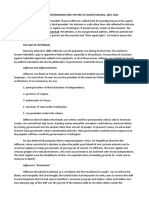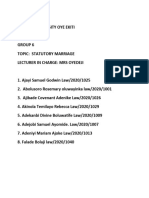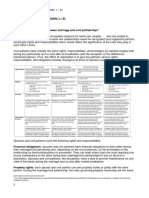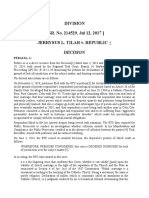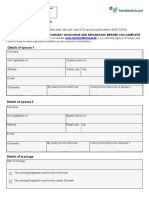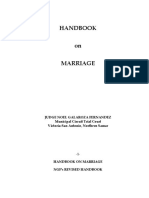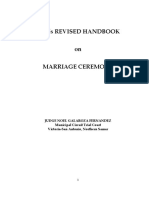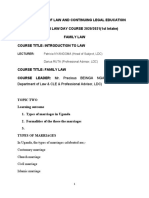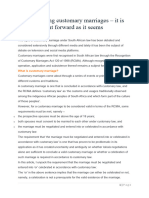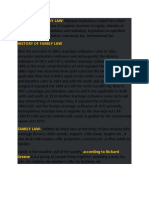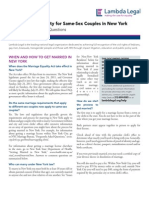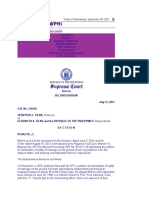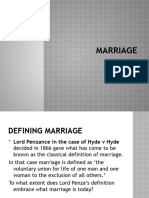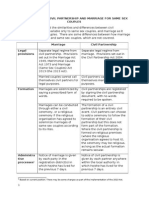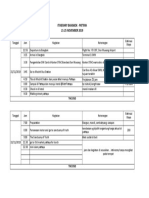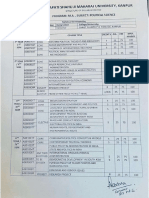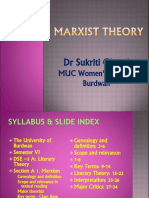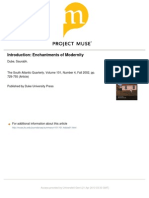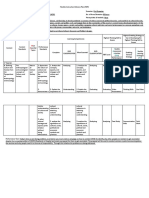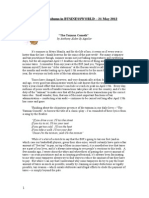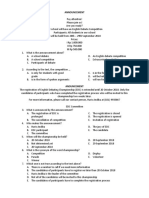FACT SHEETMinistry of Justice Ju 09.01e · May 2009
Gender-neutral marriage and mar-riage ceremonies
As of 1 May 2009, new rules concerning marriage and marriage ceremonies will apply. A person’s sex no longer has any bearing on the possibility of entering into marriage. The Marriage Code and other statutes involving spouses have been made gender-neutral and the Registered Partnership Act (1994:1117) has been repealed. The new legislation is described briefly below.
Amendments to the Marriage Code
Same-sex couples can enter into marriage on the same terms as couples of different sexes. The provi-sions of the Marriage Code are applied in the same manner, regardless of whether the spouses are of dif-ferent sexes or the same sex.
Examination of impediments to marriage
Before a marriage is entered into, an examination must be made of impediments to marriage. This examination is made by the Swedish Tax Agency. The couple intending to enter into marriage must submit a joint application to the Swedish Tax Agency for an examination of impediments to marriage. An examination of impediments to partnership made before 1 May 2009 under the Registered Part-nership Act applies after that date as an examination of impediments to marriage.
The possibility of registering part-nership has been abolished, but the concept remains
The Registered Partnership Act ceases to apply at the end of April 2009. This means that it is not possible to register a new partnership. A partnership that is already registered will, however, continue to be a partnership until the partnership is terminated or converted into a marriage (see below on the possibili-ty of a registered partnership applying as a marriage).
Converting a registered partnership into marriage
A partnership registered under the Registered Part-nership Act will apply as a marriage if the parties jointly apply for this to the Swedish Tax Agency. A partnership will apply as a marriage as of the date on which the Swedish Tax Agency receives the applica-tion. Instead of an application, the couple can choose to be married under Chapter 4 of the Marriage Code. No examination of impediments to marriage are required before a marriage under this special proce-dure. A partnership applies as a marriage as of the date of the marriage ceremony. The possibility of conversion is not limited in time.
Marriage ceremonies
Marriage can be entered into either through a civil marriage ceremony or through a ceremony in a religi-ous community.
Civil marriage ceremonies
Civil marriage ceremonies are conducted by a special officiant, appointed by the county administrative board. An appointment as a wedding officiant is to be effective for a certain period, if it has not been limited to applying on a specific date. A decision by a county administrative board not to appoint someone as a wedding officiant cannot be appealed. Legally qualified judges at district or city courts are no longer tasked with officiating at weddings.At civil marriage ceremonies, the wedding officiant usually says the following words to the couple:
You have declared that you wish to enter into marriage with each other. Do you N.N. take this woman/man N.N. to be your wife/husband?(Answer: I do.)Do you N.N. take this woman/man N.N. to be your wife/husband?(Answer: I do.)I now declare you lawfully married.

If the couple particularly requests it, the wedding of-ficiant may say the following words to them instead:
You wish to enter into marriage with each other. Marria- ge is based on love and trust. By entering into marriage, you promise to respect and support each other. As spouses, you are two independent individuals who can gain strength from your union.Since you have declared that you wish to enter into mar-riage with each other, I ask you: Do you N.N. take this woman/man N.N. to be your wife/husband, and to love her/him for better and for worse?(Answer: I do.)Do you N.N. take this woman/man N.N. to be your wife/husband, and to love her/him for better and for worse?(Answer: I do.)(The couple can exchange rings.)I now declare you lawfully married.When you now go out into your lives and return to your daily routines, remember your will for this union, your love for each other and the respect for each other that you have felt at this moment and that has brought you here. (Text written by Per Anders Fogelström.)I wish you happiness and prosperity in your marriage.
Marriage ceremonies in religious communities
Marriage ceremonies may only be conducted in religious communities that are authorised to conduct these ceremonies and by clergy or other officials in the religious community who have been appointed by the Legal, Financial and Administrative Services Agency to be a wedding officiant. From 1 May 2009, the requirement for authorisation to officiate at marriage ceremonies also applies to the Church of Sweden. As for other religious communities, every Church of Sweden wedding officiant must be speci-ally appointed by the Legal, Financial and Adminis-trative Services Agency. A member of the Church of Sweden’s clergy who was legally authorised to con-duct marriage ceremonies at the end of April 2009 will retain this authorisation until the end of April 2010. Members of the clergy who have been ordained within a year of entry into force are also authorised to officiate at weddings until the end of April 2010 without special appointment. A marriage ceremony is conducted according to the marriage procedure applying in the religious community. A religious community or authorised wedding officiant within a religious community are not under any obligation to officiate at a marriage ceremony. This may mean that a marriage ceremony that a couple would like to have in a specific religious community cannot be held there, even if the couple fulfil the requirements of the Marriage Code. This may involve situations in which the religious beliefs of the religious community or the wedding officiant prevent a marriage because the parties do not prac-tice the same religion or because one of the parties is divorced.
Further information
Further information on the background to the new regulations can be found in the Government Bill Äk-tenskapsfrågor (
Marriage issues
) 2008/09:80 at www.regeringen.se and in the Parliamentary Committee on Civil Affairs Report 2008/09:CU19 at www.riks-dagen.se (In Swedish only).Read more about marriage and marriage ceremo-nies on the Government website: www.regeringen.se/aktenskap (In Swedish only).Read more about civil marriage officiants on the County Administrative Boards’ website: www.lans-styrelsen.se (In Swedish only). Read more about examinations of impediments to marriage, applications for conversion of partnership and marriage ceremonies abroad on the Swedish Tax Agency’s website: www.skatteverket.se. (In Swedish only) .For information about the possibility of getting married in a religious community, see, for example, www.svenskakyrkan.se (In Swedish only).
Ministry of JusticeSweden
SE-103 33 Stockholm, SwedenPhone switchboard +46 8 405 10 00
Additional copies of the fact sheet can be ordered from the Swedish Ministry of Justice, tel. +46 8-405 10 00, fax +46 8-20 27 34 or info.order@justice.ministry.se.The Government's website: www.sweden.gov.se
Fact sheet produced by the Ministry of Justice. Printed by Grafisk Service, Stockholm, Sweden, May 2009. Article no. Ju 09.01e.



